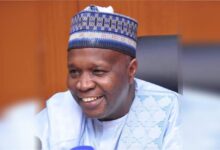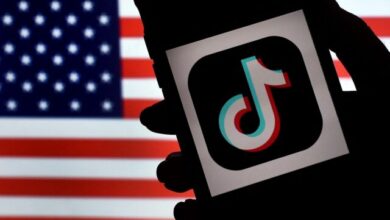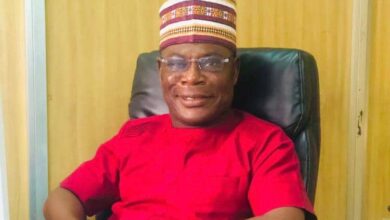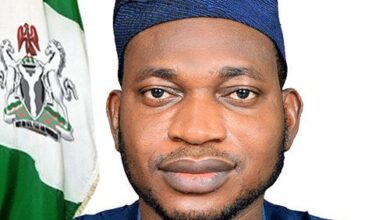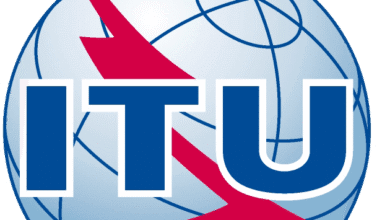FUEL SUBSIDY: Gone For Good
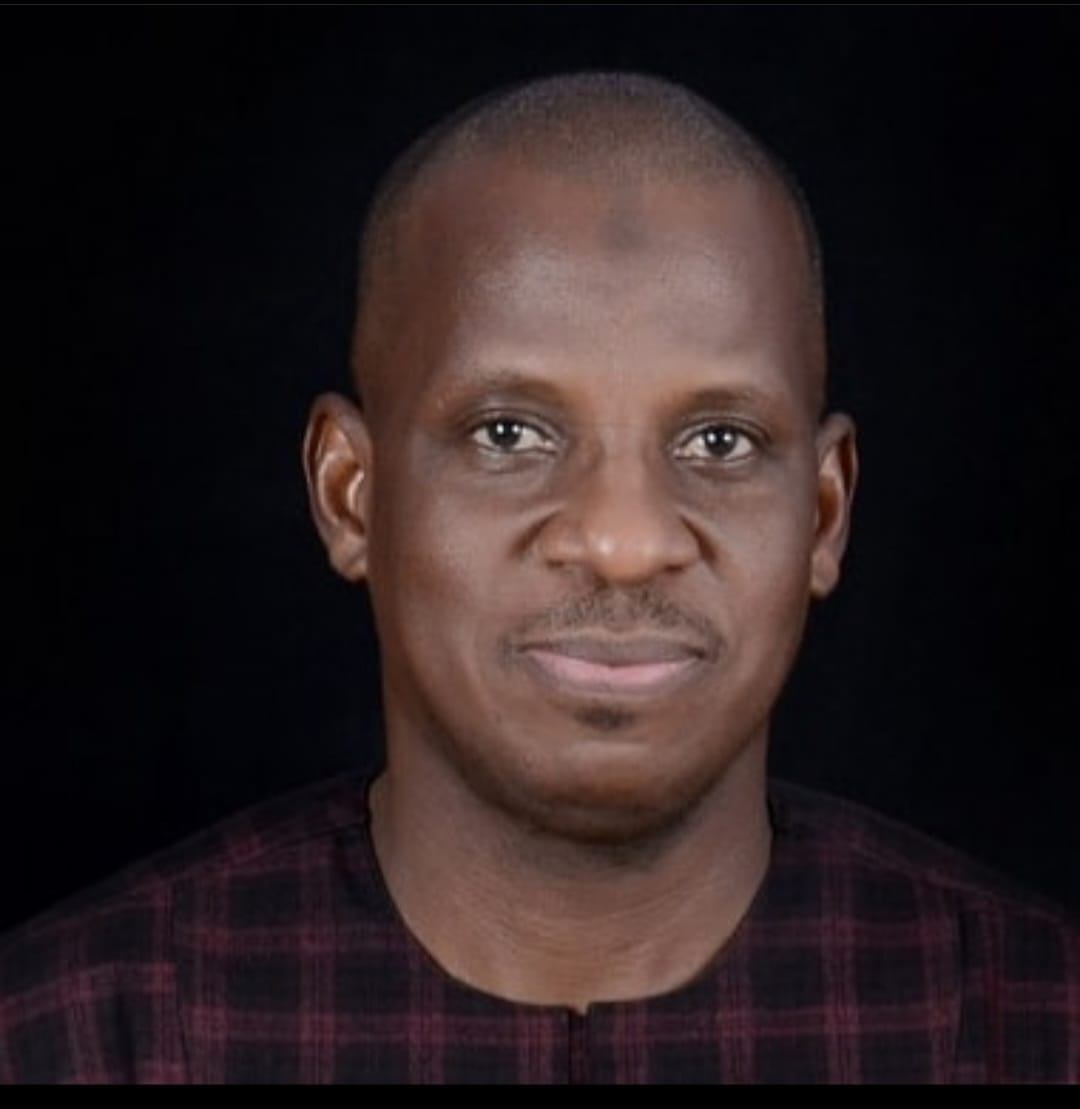
The Nigerian Labour Congress (NLC) is, currently, huffing and puffing, spoiling for war because, the newly minted regime of President Bola Ahmed Tinubu has walked its talk of decisively ending the fuel subsidy regime.
The Union is threatening industrial action by Wednesday, June 7th unless the government continues with this clearly untenable culture of “fraud” and “rent.”
The reaction of the Labour Union is both bewildering and hypocritical. It is confounding because all the major presidential candidates in the February national polls said they were going to end the “fraud” that was the fuel subsidy.
It’s duplicitous therefore, for the Labour Congress to grandstand. It won’t get any accolades. I am skeptical if Nigerians would heed the call. They didn’t in 2016 when they asked us to shun work following former president Buhari’s upward review of fuel charge.
Discerning Nigerians have since concluded that the trade Union is hostage to vested political and business interests. It dances to their drumbeats. That explains, in part, why it speaks through both sides of the mouth. One moment, the Labour Union is hobnobbing with apostles of subsidy abrogation, the next it is grandstanding because a certain President Bola Tinubu has walked his talk.
Different rule for identical pledges, one is tempted to conclude. I am dead certain some key elements in the top echelon of Labour Congress are captives of political interests. The Labour Party’s presidential candidate Peter Obi actually labeled subsidy as “organized crime”.
He was right. Obi assured that it would be the first thing he would banish the moment he assume presidential powers. And NLC cheered. They hailed him. He was “in their party” after all.
Today NLC is puffing, flexing wizened muscles and threatening to shut down the nation because the president isn’t “in their party”. That is how I see it and a number of Nigerians who are unimpressed by NLC’s disposition.
Obi scored bull’s eye however. I concurred and total agreed with his description that subsidy is “organized crime”.
From a manageable N261 billion naira in 2006, fuel subsidy has snowballed in to a monstrous 7 trillion in 2023. Only ‘organized crime” approximates this astronomical rise. I am not alone.
The Vice President, Senator Kashim Shettima revealed just last week of the existence of a powerful oil cabal wanting the fuel subsidy regime to last forever.
Former Minister of finance Mrs Okonji Iweala who tried to clean the messy and fiscally challenging subsidy regime has emotional scars to show for that intrepid attempt.
She initiated an audit and discovered that over $2 billion dollars were bogus claims. She advised government not to pay. The oil cabal kidnapped her 83-year-old mother in return! I am in total sync with Shettima when he said, “we either end subsidy or subsidy would end Nigeria”
Obi must have read the 2012 House of Representatives Ad Hoc Committee on Fuel Subsidy Management comprehensive report to poetically captured the nature of the subsidy regime as organized crime.
The shocking details of that report exposed a cocktail of woes that combined to make subsidy administration a cesspit of depravity and sleaze.
The report confirmed widely held notion popularized by the likes of former Central Bank Governor and maverick economist that fuel subsidy was a buzzword of “renting”, for “scam” and patronage.
In the wake of the fuel price hike on January 1st, 2012, Sanusi argued, forcibly, before an enthralled crowd of “stakeholders” at a town hall meeting, with all the logic of a polemicist, at his disposal why the subsidy regime was anachronistic.
His persuasive arguments were punctuated by thunderous applause by a motley swarm of government ministers, state governors, captains of industries and Labour leaders.
He dismissed the puerile argument that scuffling fuel subsidy would bring “hardship” and “difficulties”‘”This is not an economic argument,” he said.
”The economic argument” he continued would “be this is the cost of removing subsidy and what is the cost of not removing it?” he rhetorically asked.
He concluded on an unnerving and chilling note. ”This government (JONATHAN’S) can continue to paying this subsidy till 2015,it won’t come down…but the next government would be saddled with a debt burden that it can’t maintain and the Greece situation would be nothing compared to where we are!”
Sanusi warned, eleven years ago that “if the dollar gets to N200, inflation hits 18% and oil crashes by 30 to 40 percent, then we would know what crisis is…instead of slowing down, you want to continue paying one trillion naira subsidy to who?”We are presently in the reality Sanusi predicted more than a decade ago.
With Nigeria’s total debt profile nearly 47 trillion naira and a suffocating 95 % debt-servicing ratio, the new regime of President Tinubu has had to brave the odds by walking this tough path of eliminating subsidy.
During the campaigns, Tinubu was emphatic. Subsidy would go. Some 8.7 million Nigerians believe in his capacity and voted for him. I am flummoxed therefore, that Labour is calling for industrial action.
The House Ad Hoc committee probed a three-year period from 2009 to 2011. It discovered a progressive increase in subsidy intervention budget and zero accounting.
In 2006, subsidy for both PMS and HHK was tolerable, being N261.1b in 2006, N278.8b in 2007 and N346.7b in 2008. Five companies including NNPC were involved in 2006, 10 in 2007 and 19 in 2008 contrasted to 140 in 2011,sayid the report in its preamble.In 2023,fuel subsidy has skyrocketed to an incredible 7 trillion per annum.
Every month, the government spends a whopping 400 billion to subsidize fuel for an indeterminate number of consumers nationwide. The various organs responsible for efficient execution of the subsidy regime encouraged a culture of skullduggery and financial brigandage. They flatly and deliberately refused to keep a reliable database, thereby frustrating accounting process.According to the House Ad Hoc Committee report
“We found out that the subsidy regime, as operated between the period under review (2009 and 2011), were fraught with endemic corruption and entrenched inefficiency. Much of the amount claimed to have been paid, as subsidy was actually not for consumed PMS. Government officials made nonsense of the Petroleum Support Fund (PSF) Guidelines due mainly to sleaze and, in some other cases, incompetence. It is therefore apparent that the insistence by top Government officials that the subsidy figures was for products consumed was a clear attempt to mislead the Nigerian people’’.
The report continued “Thus, contrary to the earlier official figure of subsidy payment of N1.3 Trillion, the Accountant-General of the Federation put forward a figure of N1.6 Trillion, the CBN N1.7 Trillion, while the Committee established subsidy payment of N2,587.087 Trillion as at 31 December 2011, amounting to more than 900% over the appropriated sum of N245 Billion.
This figure of N2,587.087Trillion is based on the CBN figure of N844.944b paid to NNPC, in addition to another figure of N847.942b reflected as withdrawals by NNPC from the excess crude naira account, as well as the sum of N894.201b paid as subsidy to the Marketers.
The figure of N847.942b quoted above strongly suggests that NNPC might have been withdrawing from two sources especially when the double withdrawals were also reflected both in 2009 and in 2010.
However, it should be noted that as at the time the public hearing was concluded, there were outstanding claims by NNPC and the Marketers in excess of N270billion as subsidy payments for 2011.
In present day Nigeria, NNPC is claiming outstanding N2.8 trillion unpaid subsidy by the government. The Group Managing Director told reporters last week soon after meeting with President Tinubu. This colossal outstanding is twice the fund allocated to education in the 2023 federal budget.
At 7 trillion naira annually, subsidy is gulping one third of the N21 trillion naira total federal budget. This is certainly not tenable. The fuel subsidy is gone for good.The government now is freed of the burden. The freed resources should be channeled to specific ends. Nigerians are groaning under the weight of hyperinflation. Economic activities are on a downward slop. Thankfully, the president is a listener.
Ali M. Ali is a journalist and former Deputy President of the Nigerian Guild of Editors.


